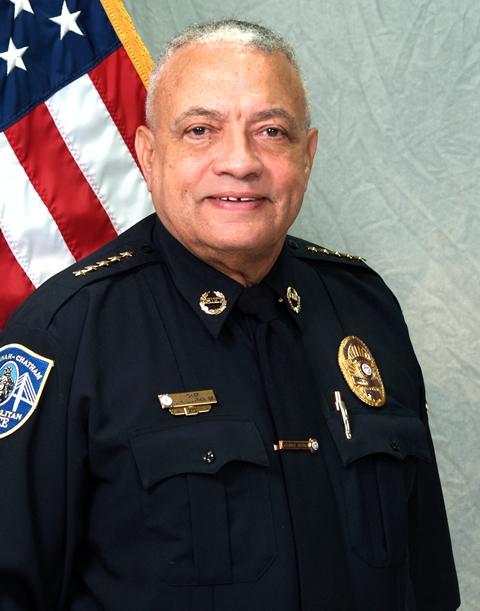Section Branding
Header Content
Crime, Cops & Community: Battling Public Distrust
Primary Content
Savannah has one of the highest murder rates in Georgia. And last year that number went up by nearly 70 percent. But a spike in crime doesn't happen overnight. City leaders blame years of corruption in the police department. They say it’s bred public distrust. Now they’re working to get it back.
A small crowd gathered at Asbury Memorial Methodist Church to pray for strength and ask the public for help finding a killer. Christopher Starks was 22 years old when he was murdered last year on the campus of Savannah State University, where he was a football player. Police still don’t know who did it.
The event was organized by his mother Sharron Starks.
“I need some answers concerning my son’s murder. So if they are willing to sit down with me, for us to work together to try and get this young man off the streets, it would be a blessing.”
Christopher was one of 53 people murdered in Savannah last year. Many of the killers are still on the loose, a fact not lost on Police Chief Joseph Lumpkin. He’s been on the job for little more than a year and says his officers are not getting the kind of information they need from the public.
“One of the challenges we face, it’s a significant challenge, is the loss of public trust and legitimacy from the police. The worst that I’ve seen in the four or five departments that I have been a member of. Some corruption issues had occurred, people were imprisoned,” he explained.
But it wasn’t just “people”. Former police chief Willie Lovett was convicted on charges of extortion and gambling in 2014 and sentenced to seven and a half years in prison.
During Lovett’s time, the department began hemorrhaging officers. Last year, almost 130 positions went unfilled. Chief Lumpkin said, “Many good officers probably left because they didn’t like what was occurring. We’re authorized 605 positions sworn, but the former Human Resources director told me that we had not been at full staff in over 15 years.”
He said not having enough officers makes it hard to close cases. According to the FBI, in 2014 the department successfully closed just 21 percent of homicides. That compares to 64 percent nationally.
Criminologist JR Roberts says that sends a clear message from criminals to police.
“What are you gonna do?”
He runs a Savannah security strategies company and used to serve on the city’s public safety task force. He said police can’t tackle a high crime rate alone. They need community help. “The front lines of that would be the business owner or the tenant at the apartment complex who sees a problem,” said Roberts.
The police department has also been leaning on technology. It’s been using Shotspotter, equipment that detects the sound of gunfire.
Lumpkin said starting next month they’ll add cameras in some locations, “so if a shot is fired at intersection X the camera turns towards there and the lights illuminate.”
Police Chief Joseph Lumpkin said he hopes that technology plus bringing the department to full staff in the next few weeks should help them to more effectively combat violent crime.


